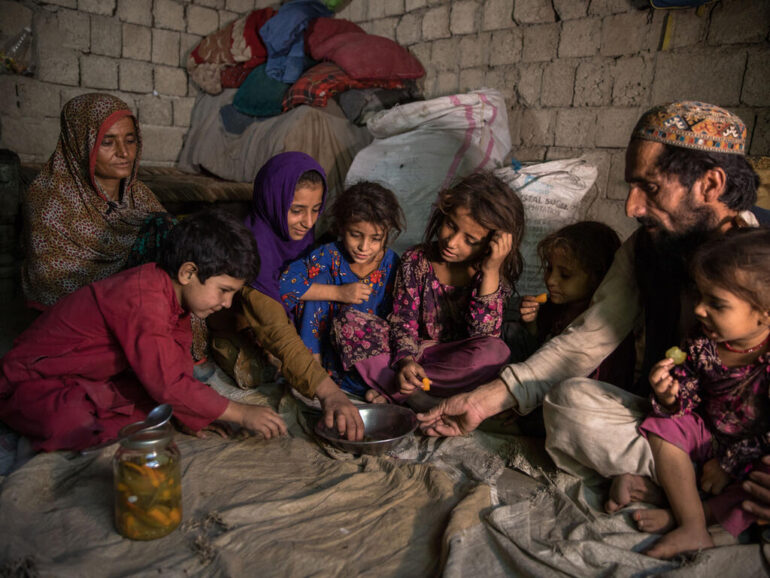In a joint statement, the directors of 20 international organisations and aid agencies, including the United Nations Office for the Coordination of Humanitarian Affairs (OCHA), have warned that they may halt operations in the country without their female employees.
“The decision by Afghanistan’s de facto authorities to ban women from working in humanitarian non-governmental organizations is a major blow for vulnerable communities, for women, for children, and for the entire country.
“Female staff are key to every aspect of the humanitarian response in Afghanistan. They are teachers, nutrition experts, team leaders, community health workers, vaccinators, nurses, doctors, and heads of organizations. They have access to populations that their male colleagues cannot reach and are critical to safeguarding the communities we serve. They save lives. Their professional expertise is indispensable. Their participation in aid delivery is not negotiable and must continue,” the statement reads.
The Taliban’s decision to ban women from working for NGO has met widespread condemnation. Major international humanitarian organisations, including the International Rescue Committee (IRC), Save the Children and the Norwegian Refugee Council have suspended operations in Afghanistan.
The Aid agencies’ statement follows that of foreign ministers of 12 countries and the European Union, including the US, the UK, Australia, Canada and Japan, which called on the Taliban to reverse the ban.
According to the World Food Programme (WFP) 1 in 3 people in Afghanistan are hungry and over 2 million children suffer from malnutrition.




